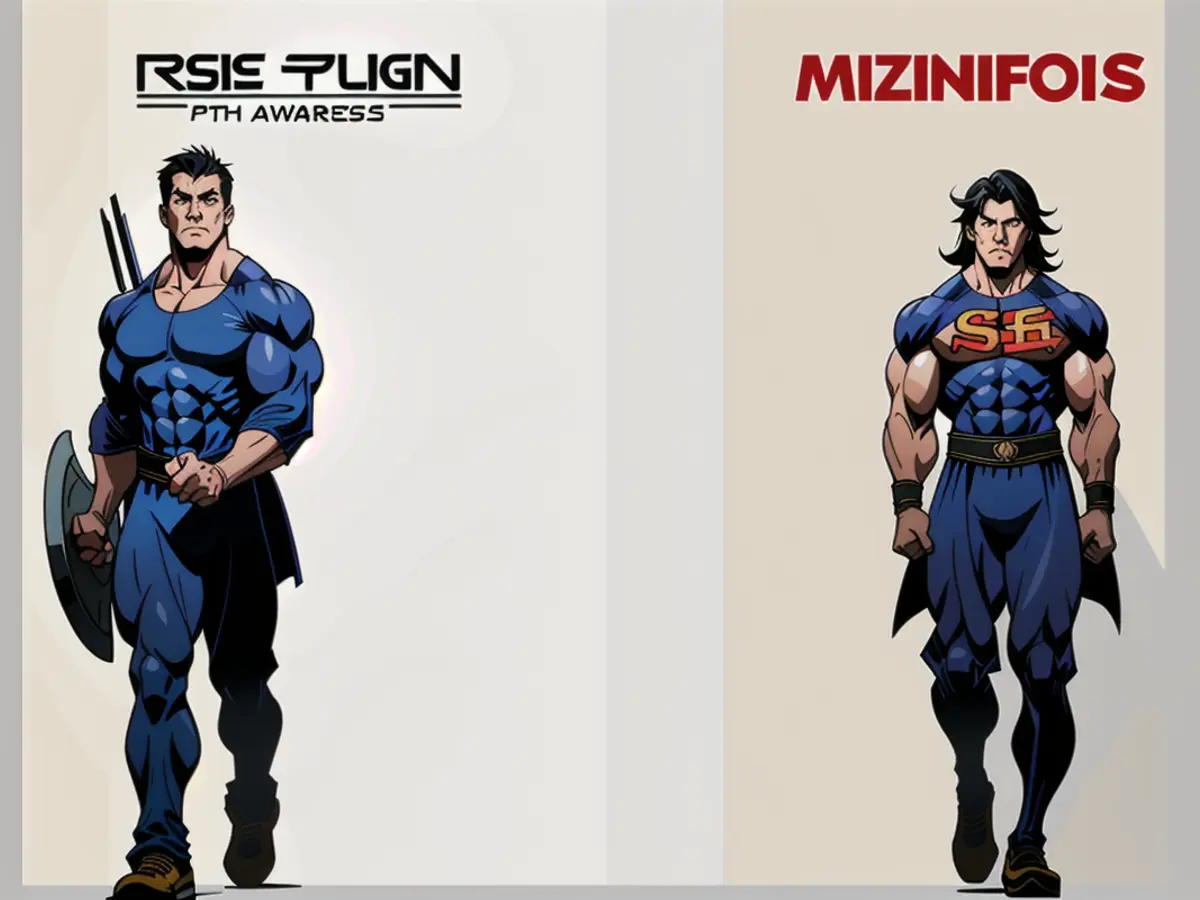Headline
Honda and Nissan Abandon Planned Merger Discussions
Japan's Auto Giants Honda and Nissan Break off Merger Negotiations due to Disagreements
Overview
In a surprising turn of events, Japanese automotive giants Honda and Nissan have decided to call off merger discussions after failing to come to an agreement on the structure and terms of the potential deal. The companies announced the termination of talks on Thursday, citing the need for swift decision-making and execution in response to the electric vehicle (EV) market's rapid evolution.
Synopsis
Both Honda and Nissan highlighted a fundamental disagreement regarding the proposed merger's structure as the primary cause of the breakdown in negotiations. Initially, Honda had proposed creating a joint holding company. However, Honda later amended this proposal to suggest that Nissan would become a Honda subsidiary through a share exchange. This shift in direction antagonized Nissan's leadership, who deemed the suggested structure unacceptable due to the potential loss of autonomy.
Market Reactions
Despite the termination of merger discussions, both companies have expressed their intent to maintain a strategic partnership aimed at the era of intelligence and electrified vehicles. Invigorated by the prospect of exploring alternative collaborations, Nissan's shares surged by 0.35% to $2.70 (¥415), while Honda's shares experienced a modest boost of 2.14% to $9.30 (¥1,434) on Tokyo Stock Exchange.
Mitsubishi's Involvement
In a move that mirrored the decision of its partners, Mitsubishi also announced the termination of its memorandum of understanding with Honda and Nissan regarding the possible arrangement of a tripartite collaboration. Despite withdrawing from the merger discussion, Mitsubishi continues to envision collaborating with Honda and Nissan in the electric vehicle and self-driving vehicle sectors under a strategic partnership.
Background and Timeline
The rumors of merger negotiations between Honda and Nissan emerged in mid-December 20XX, with the companies confirming the talks just a week later. Owing to the increasing threat from competitors in the EV market, such as Tesla and Chinese automakers like BYD, the merger was seen as a strategic move to enhance their R&D capabilities and compete effectively in advanced technologies.
However, the talks soon stagnated due to Honda's concerns about Nissan's financial health and its inability to present a tangible turnaround plan. In an attempt to salvage the deal, Honda suggested acquiring Nissan, a proposal that Nissan vehemently opposed.
Enrichment Insights
- Power Dynamics and Integration Structure: Nissan's leadership opposed Honda's proposal to make Nissan a subsidiary due to potential loss of autonomy and control.
- Market Volatility and Decision-Making Speed: The need for swift action in the highly competitive and rapidly evolving electric vehicle market posed challenges to the integration process.
- Financial and Strategic Concerns: Nissan's financial instability, highlighted by its significant drop in net income and mounting debt, hindered its willingness to agree to a merger that could dilute its decision-making authority.
- Competition from Chinese EV Makers: The ever-increasing competition from Chinese electric vehicle manufacturers, such as BYD, which sold more vehicles globally than Honda and Nissan combined, underscored the pressing need for both companies to augment their R&D capabilities and compete effectively in advanced technologies.
Further Reading
- Honda and Nissan in Merger Talks Amid Efforts to Boost EV Offerings, Report Says (Our Website)
- Nissan Shares Surge 24% After Reports of Merger Talks with Honda (Our Website)
- Despite the termination of the merger negotiations between Honda and Nissan, both Japanese automakers, Honda Motors and Nissan Motors, have indicated their interest in prioritizing collaborations in the field of electric vehicles (EVs) and intelligent mobility.
- The proposed structure of the Honda-Nissan merger, which involved Honda Motors potentially making Nissan Motors a subsidiary through a share exchange, was a point of contention and ultimately led to the dissolution of the merger talks.
- The CD7EA6A46C412445FD77ABC45DD297B report suggested that Honda's concerns about Nissan's financial health and its inability to present a compelling turnaround plan were key factors in the breakdown of the merger negotiations.
- In the wake of the failed merger talks, potential collaborations between Honda Nissan and other Japanese automakers, such as Mitsubishi, are under exploration in the areas of electric vehicles (EVs) and self-driving technology.








